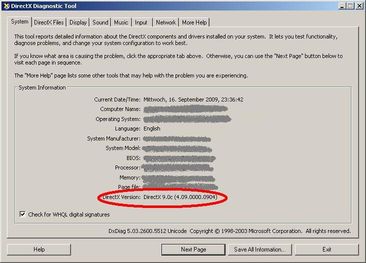Here is the shell command snippet to display comma-separated output:
ls -lrt | rev | sed 's/\\([0-9][0-9][0-9]\\)/\\1,/g' | rev | sed 's/\\([\^0-9]\\),\\([0-9]\\)/\\1\\2/g;s/\^,\\([0-9]\\)/\\1/g'
Example:
-rw-r—– 1 sybase dba 1,572,872,192 Feb 2 07:09 master.dbf
Rev in awk
#!/bin/ksh
nawk '{ l=length($0) ; for(i=l;i>0;i--) { printf "%s", substr($0,i,1) } ; print "" }'
Rev function (absent on SunOS) :
(Warning! Avoid spaces before #define – SunOS cc compiler doesn’t like them)
#include <stdio.h>
#ident "@(#)rev 1.0 02/01/2006"
#define MAX_STRING_SIZE 2000char version[] = "rev v1.0 02/01/2006";
main(argc,argv)
int argc;
char *argv[];
{
char my_src[MAX_STRING_SIZE] ;
char my_dst[MAX_STRING_SIZE] ;
char *retCode ;
char *tmp_s ;
int i;
char *filename;
FILE *fSource ;
/* check command line arguments */
if (argc > 1) {
if( argv[1][0]=='-' || argv[1][0]=='/' ) {
fprintf(stderr, "Usage: %s [file] \n", argv[0]);
exit(1);
}
filename=argv[1] ;
fSource = fopen( filename, "r" ) ;
if ( fSource == NULL ) {
fprintf(stderr, "Can't open %s for reading\n", filename );
exit(1);
}
} else {
/* Using the standard input */
fSource=stdin ;
} /* if (argc > 1) */
while( (retCode = fgets( my_src, MAX_STRING_SIZE, fSource ) )!=NULL ) {
tmp_s=my_dst+MAX_STRING_SIZE-1;
*tmp_s=0;
for( i=0 ; i < MAX_STRING_SIZE && my_src[ i ] != 0 ; i++ ) {
if( my_src[ i ] == '\n' ) {
continue ;
}
tmp_s--;
*tmp_s=my_src[ i ];
}
fprintf( stdout, "%s\n", tmp_s);
}
fclose( fSource ) ;
fflush( stdout );
exit(0);
} /* main */

